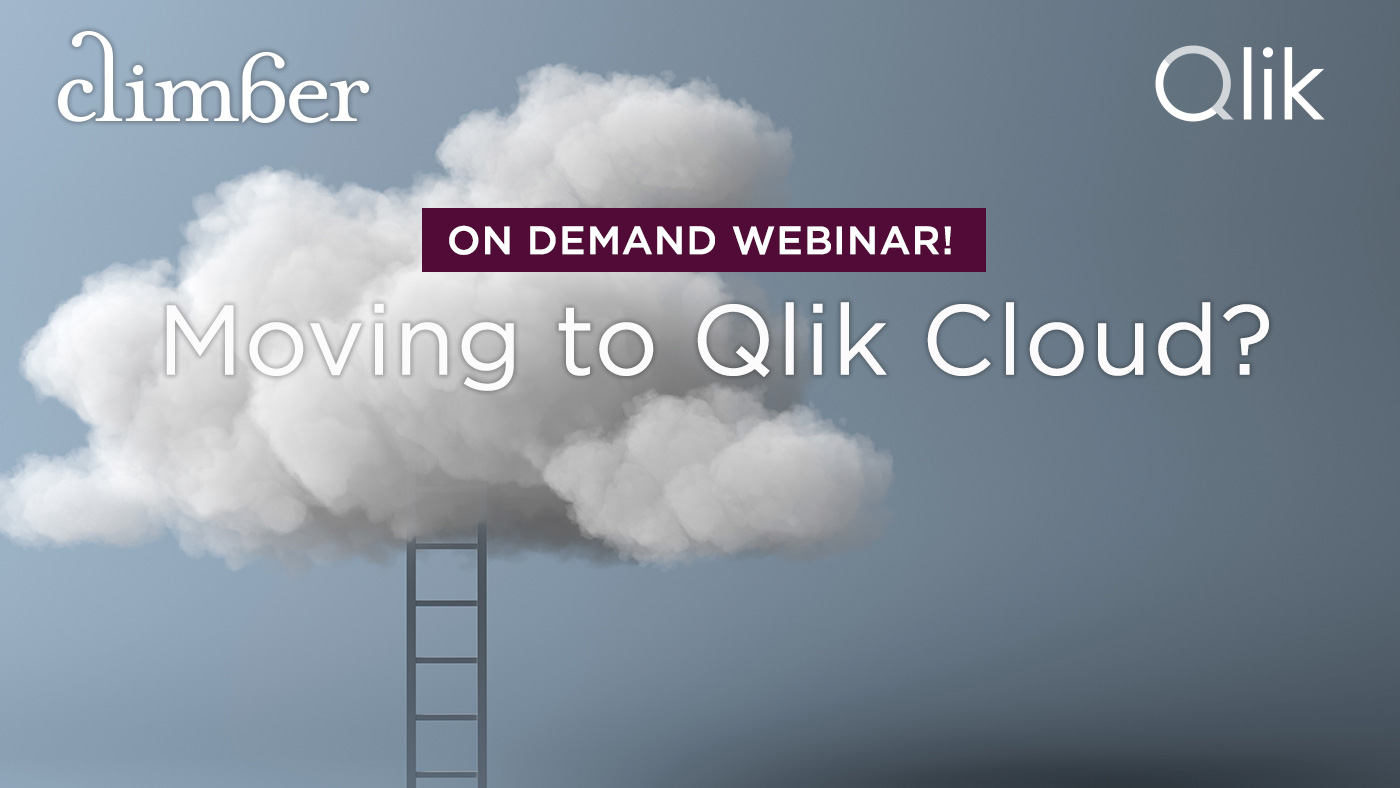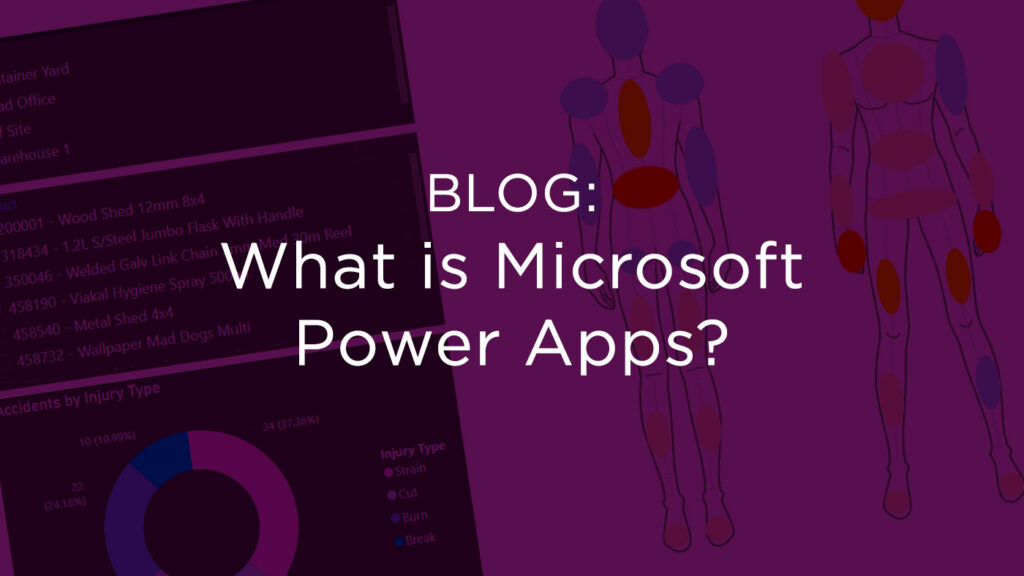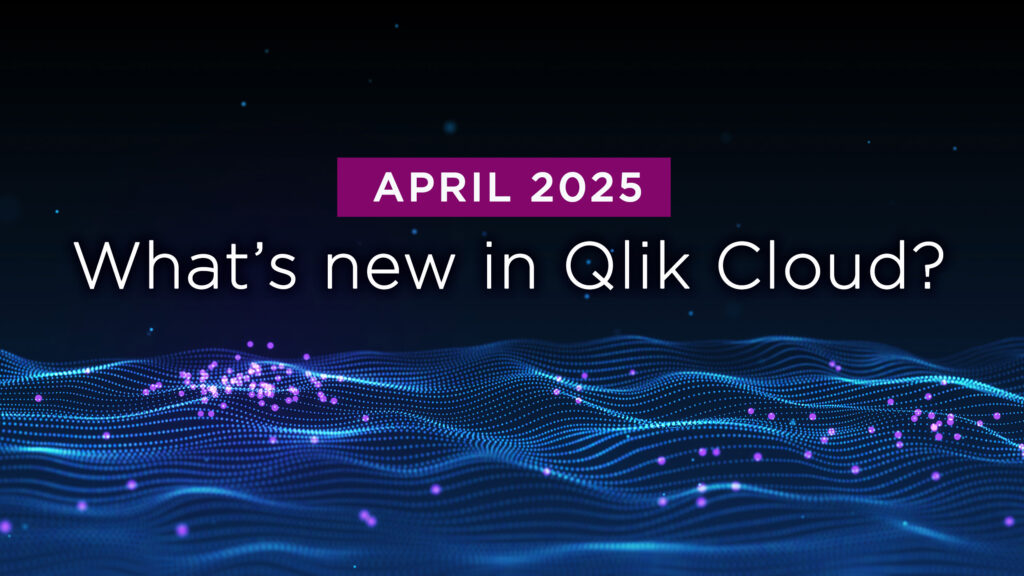
Migrating to Qlik Cloud
On-demand Webinar
Migrating to Qlik Cloud may sound like a daunting task, but during this webinar, Roger Gray, Business Intelligence Manager at Climber, will advise how to plan your migration from a Qlik Client-Managed environment to Qlik Cloud, whilst avoiding common migration pitfalls. Savraj Rakkar, Cloud Professional Services Manager at Qlik, will present on Qlik’s migration tools and new Cloud features.

Gartner predicts that by 2027, more than 70% of enterprises will use industry cloud platforms to accelerate their business initiatives, up from less than 15% in 2023.
The popularity of SaaS products is easy to grasp when looking at the benefits they provide in comparison to the traditional software model. For Qlik Cloud this is certainly true, with lower upfront costs and user or capacity based pricing.
Qlik Cloud is managed and maintained by Qlik, removing the burden and costs for IT. Qlik Cloud Analytics is a hosted service, which sets the benchmark for third-generation analytics platforms, empowering everyone in your business to make smarter data-driven decisions. Qlik provide exclusive products and features, only available to Qlik Cloud which include, Qlik AutoML, Catalog and lineage, Qlik Application Automation and Static Reporting.
During this webinar you will learn how to successfully plan your migration to Qlik Cloud:
- Exclusive features of the Qlik Cloud platform
- Assessing your current environment
- Choosing the right cloud region
- Large app considerations
- Static reporting options
- Managing secure data connections
- Data storage locations
- Security and governance considerations
- Third-party extensions


Webinar speakers
Roger Gray – Business Intelligence Manager, Climber
Roger has 17 years of experience within the Analytics space, with an impeccable track record of implementing product solutions in international businesses, helping to increase market share and profitability. He’s a keen agile project management enthusiast and scrum master who knows how to keep projects on track whilst delivering Data Warehouse and Qlik solutions.
Savraj Rakkar – Senior Manager, Qlik Cloud Professional Services, Qlik
Sav leads the Qlik Cloud Professional Services team, driving advancements in our delivery approach and capabilities around our Qlik Cloud offerings and managing a global team of Qlik Cloud Consultants. With over 8 years at Qlik as a fully certified Consultant delivering analytics from QlikView to Qlik Sense, Sav and his team now focuses on migrating customers to Qlik Cloud and helping them be successful.

Do you have any questions? Contact us!
Roger Gray
BI Manager
roger.gray@climberbi.co.uk
+44 203 858 0668
Kat Webster
Marketing Executive
katherine.webster@climberbi.co.uk
+44 203 858 0668
News archive

What is Microsoft Power Apps?
Microsoft Power Apps is a low-code platform that enables businesses to swiftly develop custom applications tailored to their unique needs, without requiring extensive coding knowledge. In this blog you will learn more about the components, use cases, and benefits for your business.
>> Read more
What’s New in Qlik Cloud – Apr 2025
Qlik continues to roll out a comprehensive set of updates across the platform – from workflow automation, machine learning improvements, charting enhancements, new scripting tools, and expanded global coverage.
>> Read more
Optimising Workforce Management for Virgin Wines through custom Microsoft Power Apps
Read how we transformed operations for Virgin Wines, significantly improving their ability to forecast and allocate resources effectively.
>> Read more!
